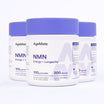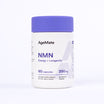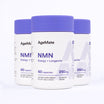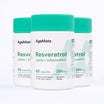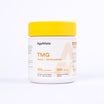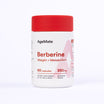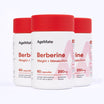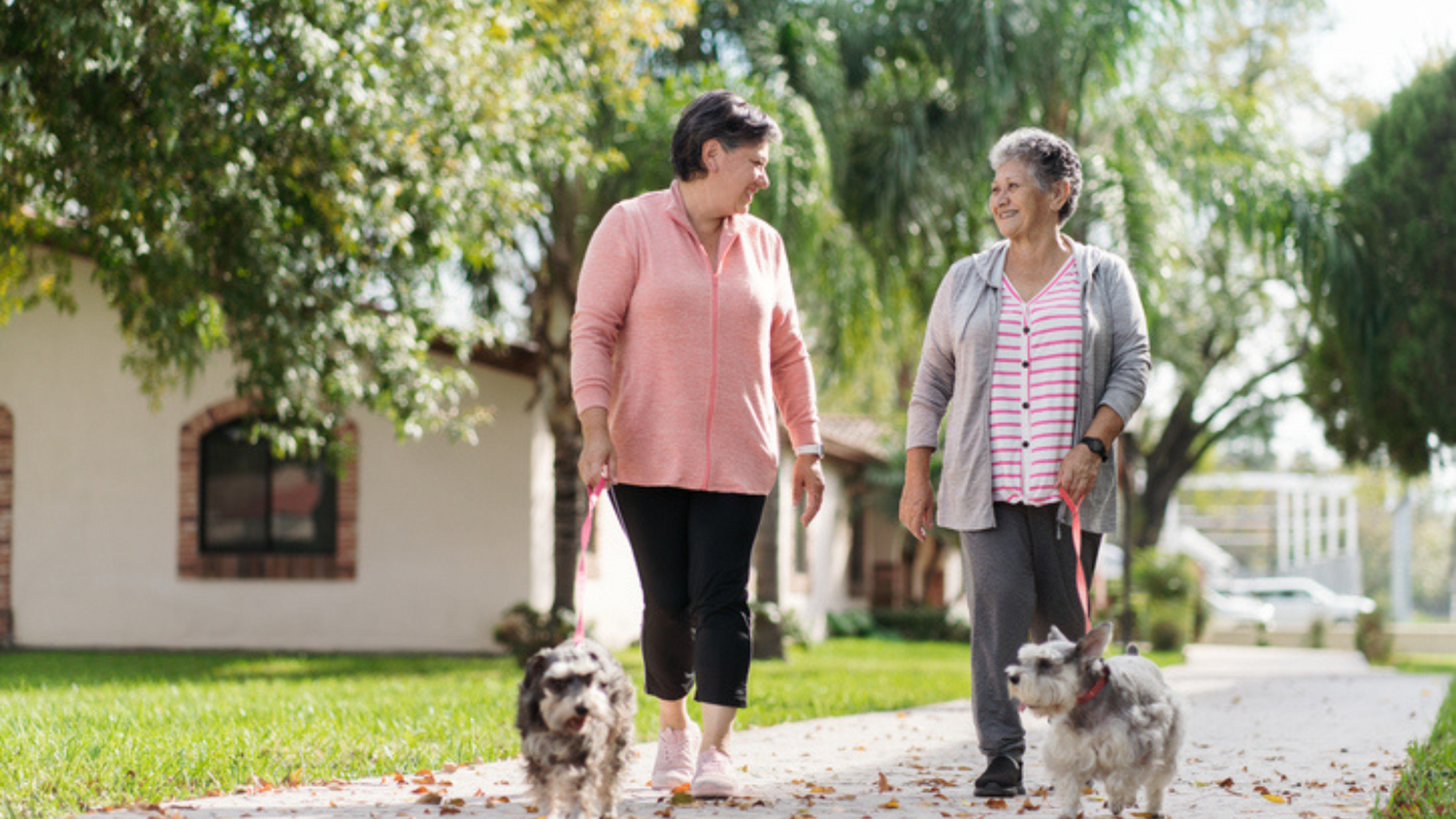You're not alone if you're experiencing weight gain as you age. Research suggests individuals gain around 1kg per year as they age. Over time, this gradual increase can become significant (R). The good news is that it's possible to manage this weight gain. This article explores the causes and prevention strategies for age-related weight gain, providing you with the knowledge to control your weight effectively, regardless of age.
Do We Gain Weight as We Age?
Age-related weight gain is well-documented. While not everyone experiences the same degree of weight gain, maintaining a stable body weight for most becomes more difficult with age.
Weight gain can begin in the early twenties and become more noticeable after age 30 due to age-related metabolic changes and lifestyle factors (R). It could be age-related if you're over 30 and noticing weight gain despite maintaining the same lifestyle.
The Science Behind Age-Related Weight Gain
A significant factor in age-related weight gain is the reduced ability to turn over fat. Lipid turnover refers to how efficiently your body stores and removes lipids. Reduced fat turnover leads to weight gain and a decreased ability to lose weight. Most people continue to consume the same number of calories, leading to weight gain as their fat turnover decreases (R).
Hormonal Shifts and Their Impact on Weight
Hormonal changes also contribute to age-related weight gain. These changes vary between men and women, explore how:
Men: After age 30, men’s testosterone levels start to decline, which can lead to increased body fat and decreased muscle mass (R).
Women: Women experience a drop in estrogen production around menopause, typically around age 45-55, which is associated with increased body fat, particularly around the abdomen (R).
Reduced Physical Activity
As we age, increased responsibilities such as advancing careers and parenting often lead to a more sedentary lifestyle, significantly contributing to weight gain. Longer work hours, desk jobs, and prioritising family needs over personal fitness reduce overall physical activity. This decline in activity lowers caloric expenditure, decreases muscle mass, and increases fat storage, especially around the abdomen.
To counteract these effects, it’s essential to incorporate more movement into daily routines, set realistic exercise goals, and find ways to stay active, such as using standing desks, taking walking breaks, and engaging in family or group physical activities.
Muscle Mass Decline: A Key Factor
Aging-related muscle loss, known as sarcopenia, begins in the 30s, with muscle mass declining by 3-8% per decade. Muscle mass is crucial for burning calories efficiently, and its loss makes maintaining a healthy weight more challenging. Incorporating weight lifting or strength training is essential to counteract muscle mass decline (R).
Dietary Adjustments for Age-Related Weight Management
Managing age-related weight gain often starts with reducing calorie intake. As muscle mass and activity levels decrease, the body needs fewer calories. For example, women in their 50s generally need fewer calories than women in their 30s. Consulting a dietitian or nutritionist can help adjust your diet without compromising overall health (R).
Effective Exercise Routines for Older Adults
Exercise is crucial for weight management at any age. If you're healthy, start with 30 minutes of physical activity at least five days a week. Begin with simple activities like brisk walking, jogging, biking, swimming, and gardening. Gradually progress to more advanced exercises such as free weight training, bodyweight exercises, chair yoga, and water aerobics (R). Exercise is best when it forms part of your daily lifestyle and is incidental in nature, explore some of our recommendations here.
Stress, Sleep, and Weight Gain
Prolonged stress can trigger cortisol production, leading to food cravings and overeating. Managing stress levels is crucial to prevent weight gain. Additionally, lack of sleep can lead to weight gain, as tiredness reduces the ability to burn calories effectively. Aim for 7 to 9 hours of sleep each night to support weight management (R).
Practical Tips for Preventing Age-Related Weight Gain
Maintaining a healthy weight as you age requires a proactive approach to your lifestyle. Implementing these practical tips can help you manage and prevent weight gain effectively.

Eat Healthy Foods: Focus on fruits, vegetables, lean proteins, and whole grains.
Regular Health Checkups: Manage potential health issues that could cause weight gain.
Stay Hydrated: Drink plenty of water to boost metabolism.
Incorporate Movement: Use standing desks or take short walking breaks at work.
Nutritional Supplements and Their Benefits
Supplements like NMN and resveratrol can aid in managing age-related weight gain.
Resveratrol (R, R, R):
- Anti-inflammatory and antioxidant properties
- Reduces bad cholesterol
- Supports weight loss (studies show it can help, but it's not a magic bullet and should be part of a broader weight management strategy)
NMN (Nicotinamide Mononucleotide) (R):
- May help improve metabolism and mitochondrial function, which can aid in weight management
- Supports cellular repair and anti-aging processes
- Research is ongoing, and while promising, NMN should be used as part of a holistic approach to health
Conclusion
Staying in shape as you age is challenging but achievable. By understanding the causes of age-related weight gain and following the tips provided, you can take control of your body weight. Many have successfully managed their weight, and so can you.
Explore some of our favourite supplements for managing weight gain here - NMN and Resveratrol.



